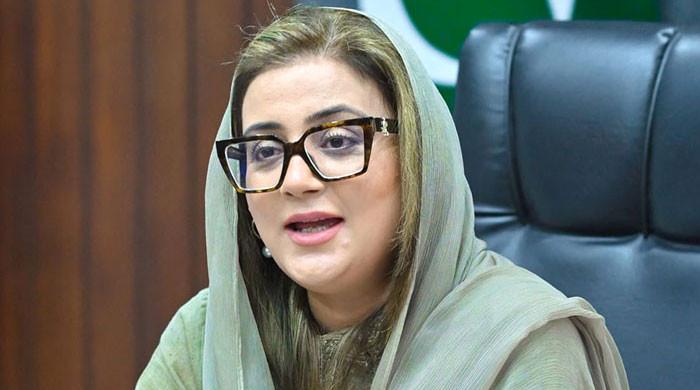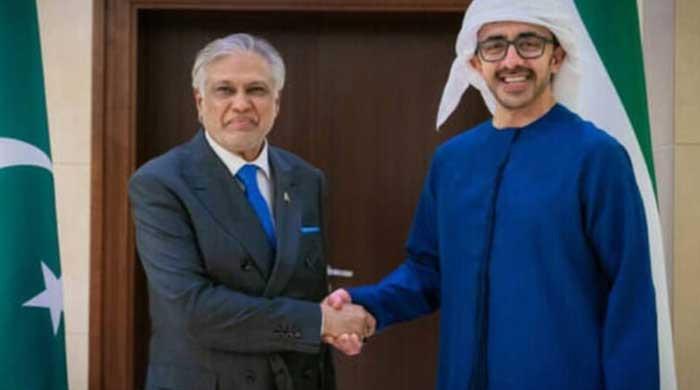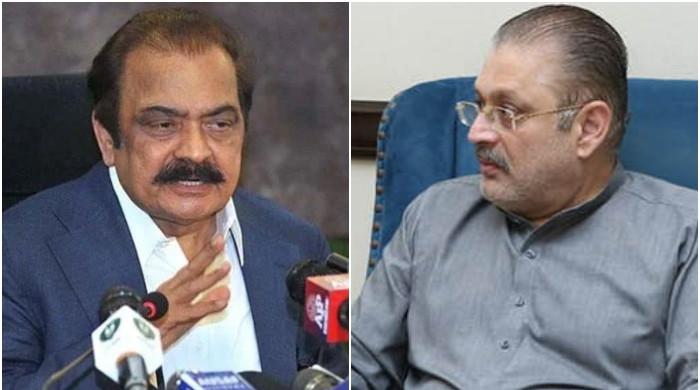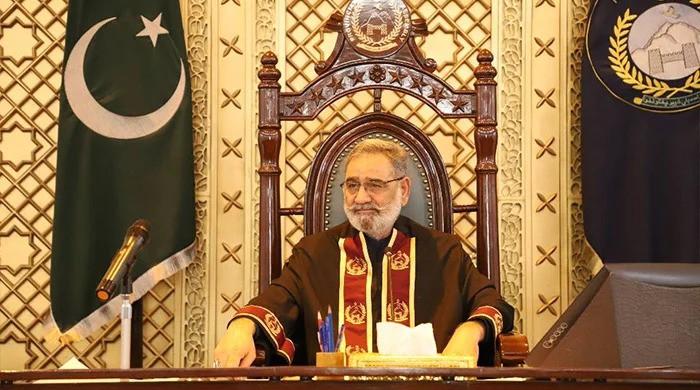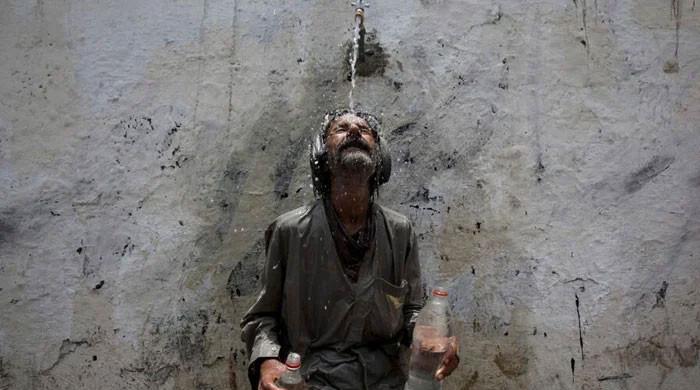PM Imran Khan okays advance booking of COVID-19 vaccine
Pakistan is currently in talks with 2 pharma cos to purchase coronavirus vaccine, according to a senior official
November 17, 2020
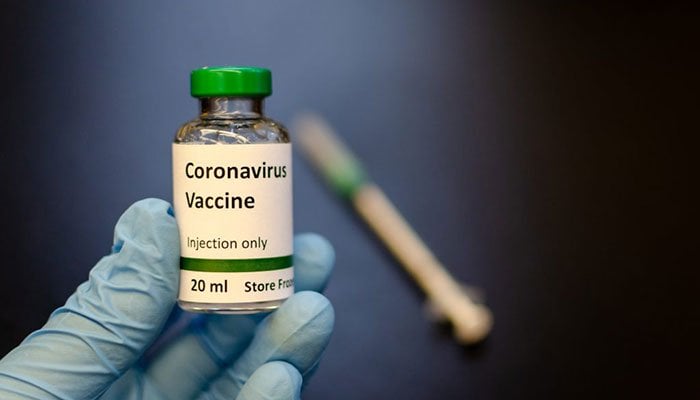
ISLAMABAD: Prime Minister Imran Khan has given the go-ahead to pre-book the coronavirus vaccine after which the concerned authorities have approached two manufacturers, a senior official said on Tuesday.
Parliamentary Secretary for Health Dr Nausheen Hamid confirmed to Geo Pakistan that the government has shortlisted two major pharmaceutical companies for this purpose.
PM Imran Khan has okayed the proposal to secure the vaccines, she said.
Read more: Daily report: Coronavirus cases in Pakistan and abroad on November 16
Hamid said the payment for these purchases from international manufacturers will be made soon.
The government has yet to reveal the names of these two pharma companies.
In the first phase, 10 million Pakistanis will get the vaccine. Frontline workers and people over 65 years old will be given priority.
The government has given strict instructions, meanwhile, for restaurants and industries to follow standard operating procedures as coronavirus cases continue to rise in Pakistan.
'Chinese vaccine better for Pakistan'
Prime Minister’s Taskforce on Science and Technology Chairman Dr Atta-ur-Rehman had last week said the Pfizer vaccine, celebrated worldwide for its reported 90% efficacy, was not suitable for Pakistan due to its sub-zero storage requirements.
“This vaccine is not suitable for Pakistan in my opinion,” Dr Rehman said in a conversation with Geo News.
Explaining his reasoning, he said the vaccine needs to be kept at -80 °C temperature, which in his view is a major problem for developing countries like Pakistan, who lack the “cold chain” necessary to transport the vaccine in such temperatures from the point of origin to the hospitals.
Unlike the Pfizer vaccine, Chinese vaccines — two of which are undergoing clinical trials in Pakistan, can be transported in “normal temperatures”, which he believes makes it “better suited for Pakistan and third-world countries”





